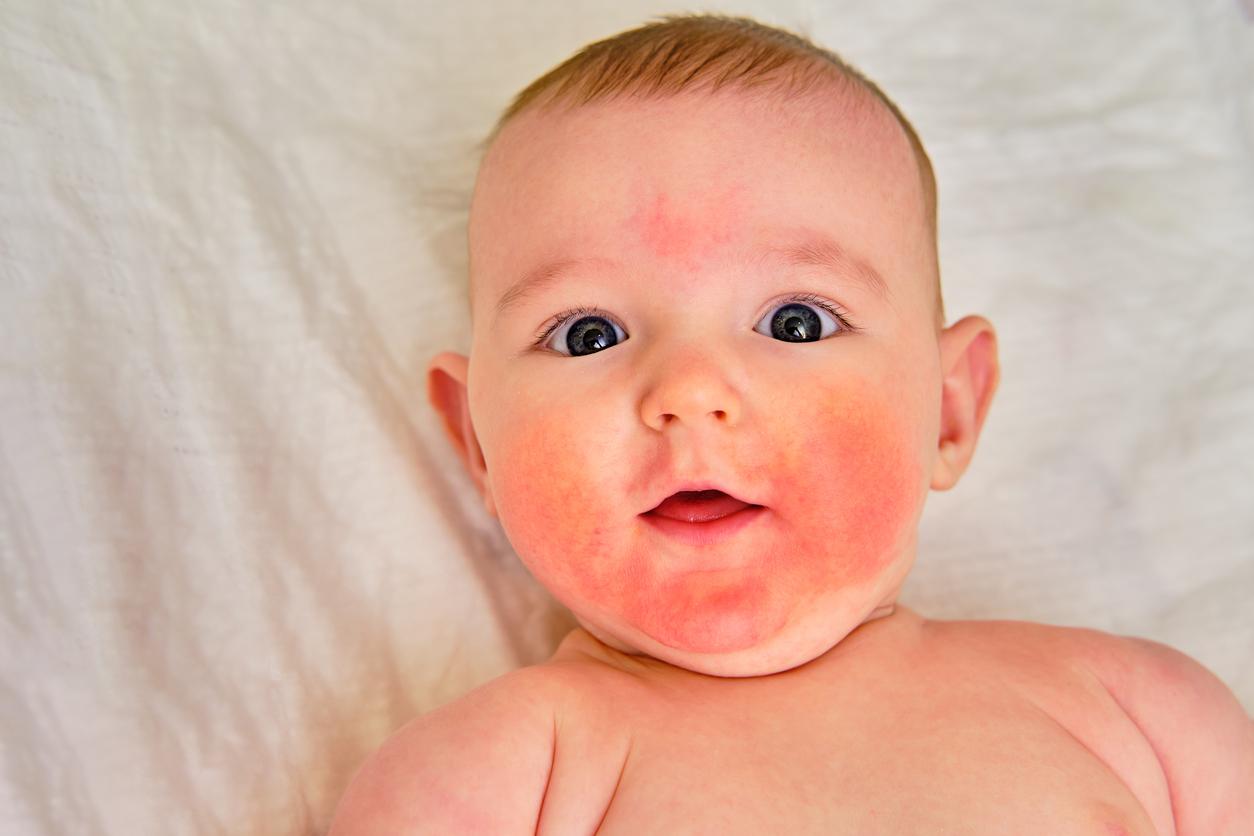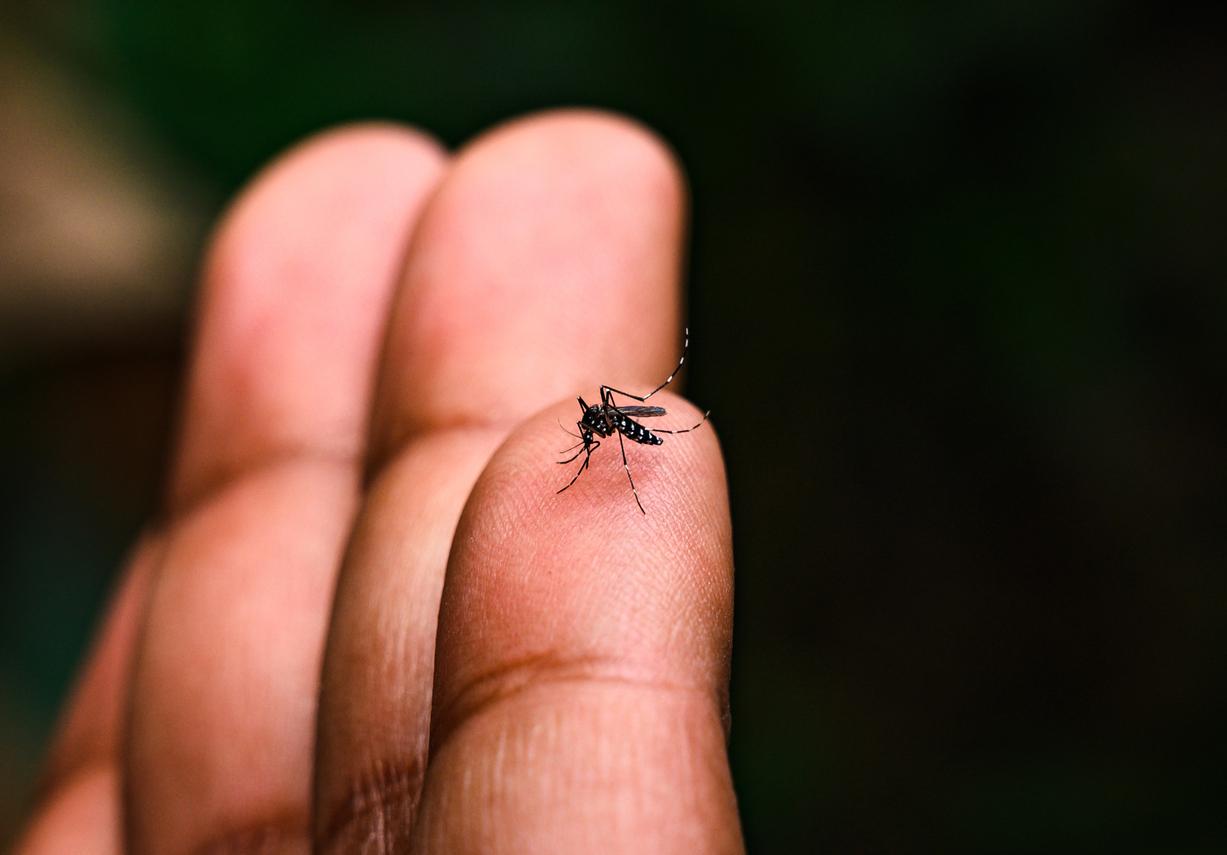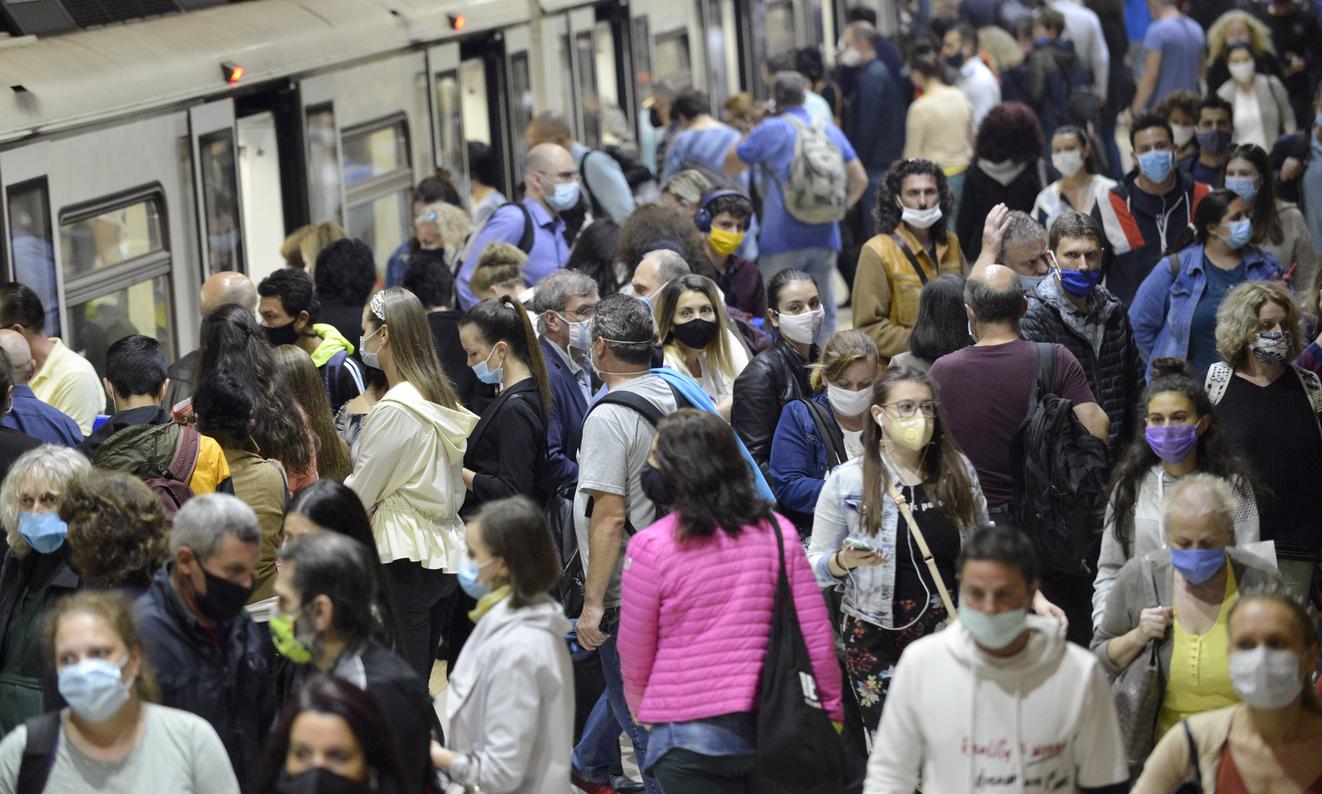One year after the start of an epidemic of parvovirus B19 infections, Public Health France is warning of an increase in cases, particularly among newborns.

- The epidemic of parvovirus B19 infections, which began almost a year ago and particularly affects children, “continues its rise in 2024 with a peak which has not yet been reached in March”, Public Health France alert in a report.
- Some perinatal services indicate “an increase in miscarriages and fetal deaths linked to parvovirus B19 infection”, without giving exact figures.
- Five deaths were recorded in the first quarter of 2024: five babies under the age of one, including four who died of a congenital infection. In comparison, the number of deaths linked to parvovirus B19 averaged only 1.8 per year before the Covid period.
Already five babies have died in 2024: while an epidemic of parvovirus B19 infections affecting all ages, but in particular children, began almost a year ago, Santé Publique France (SPF) draws attention today the alarm bells about the unusual persistence of cases. “The epidemic continues its rise in 2024 with a peak which has not yet been reached in March”warns the health agency in a epidemiological bulletin published Monday April 22.
An increase in serious cases of parvovirus B19 infections since May 2023
Parvovirus B19 is a strictly human virus whose main mode of transmission is the respiratory tract (droplets, sneezing, etc.). It generally causes asymptomatic forms but can also lead to erythema infectiosum, often called “fifth disease” because it is the fifth viral infection (along with measles, rubella, chickenpox and roseola) that causes a rash in the child. According to SPF, “severe demonstrations” infection can also occur in people who are immunocompromised or have chronic anemia, as well as in pregnant women because the pathogen “may be responsible for miscarriages and fetal-placental edema.”
From May 2023, the number of diagnoses of parvovirus B19 infections had jumped, particularly among children and women of childbearing age (20-40 years). Last summer, SPF was alerted, by emergency doctors and resuscitators, of“an unusual number of serious pediatric hospitalizations” at the Necker hospital (Paris) and a “resurgence of serious cases of parvovirus B19 infections” in several hospitals in the region. By the fall, the authorities had put in place “continuous monitoring” to monitor the evolution of the epidemic.
Already five babies have died from parvovirus B19 infections in 2024
Since the end of 2023, the intensity of the epidemic has further increased “increased”. Some perinatal services indicate “an increase in miscarriages and fetal deaths linked to parvovirus B19 infection”, without giving exact figures. However, we know that five deaths were recorded in the first quarter of 2024: five babies under the age of one, four of whom died of a congenital infection. A number “unusually high” And “to monitor”according to SPF, which specifies that the number of deaths linked to parvovirus B19 was on average only 1.8 per year before the Covid period.
This increase in cases can be explained, according to The Parisian, by a “exposure deficit” to this pathogen during the coronavirus pandemic. “Clearly, having been less exposed to parvovirus B19 due to barrier gestures and the restrictions imposed, we would now be more likely to catch it.”
In this context, recalls SPF, “it is important to continue raising awareness among health professionals about the persistence of a high incidence and an epidemic season which is prolonged in an unusual manner”, And “to inform about the particular risks in immunocompromised/sickle cell children and in pregnant women”.















